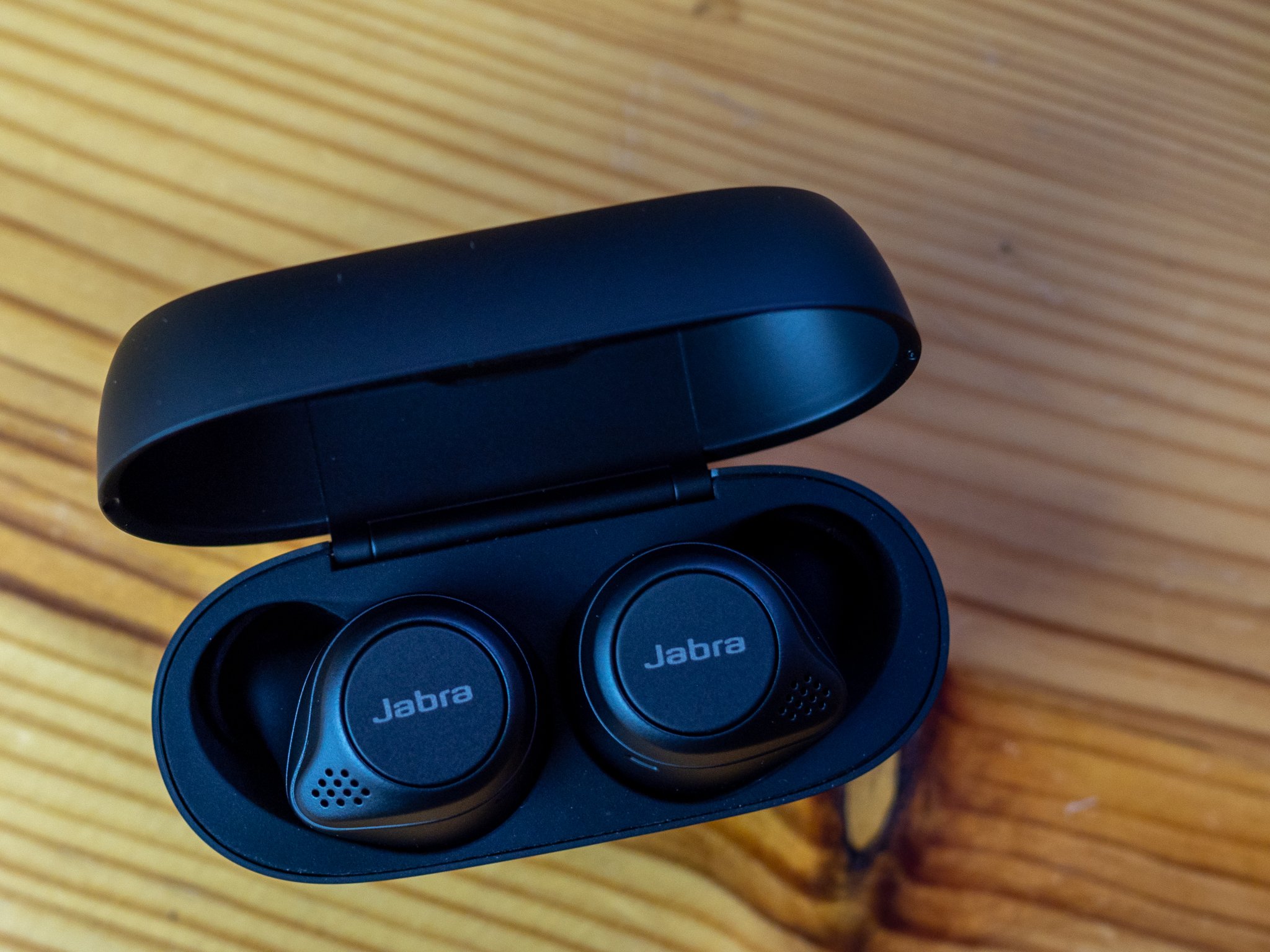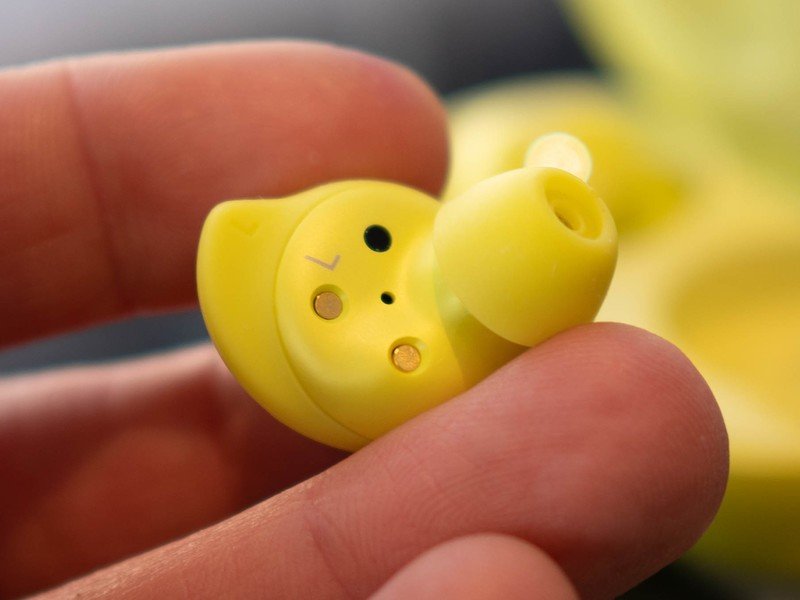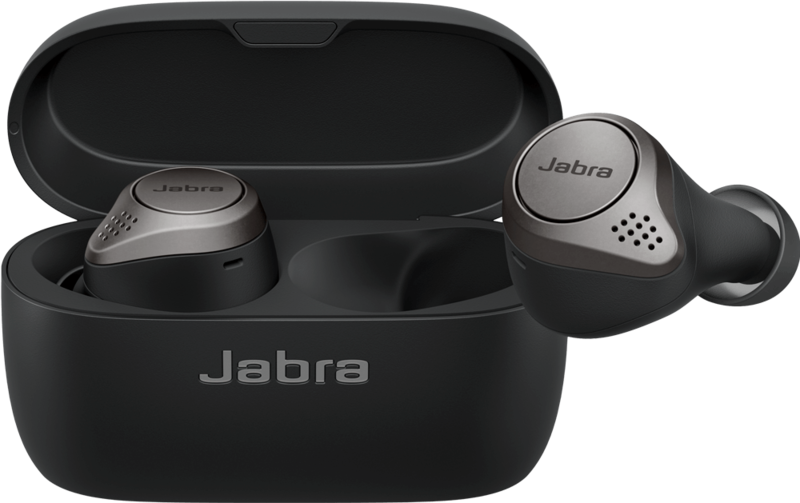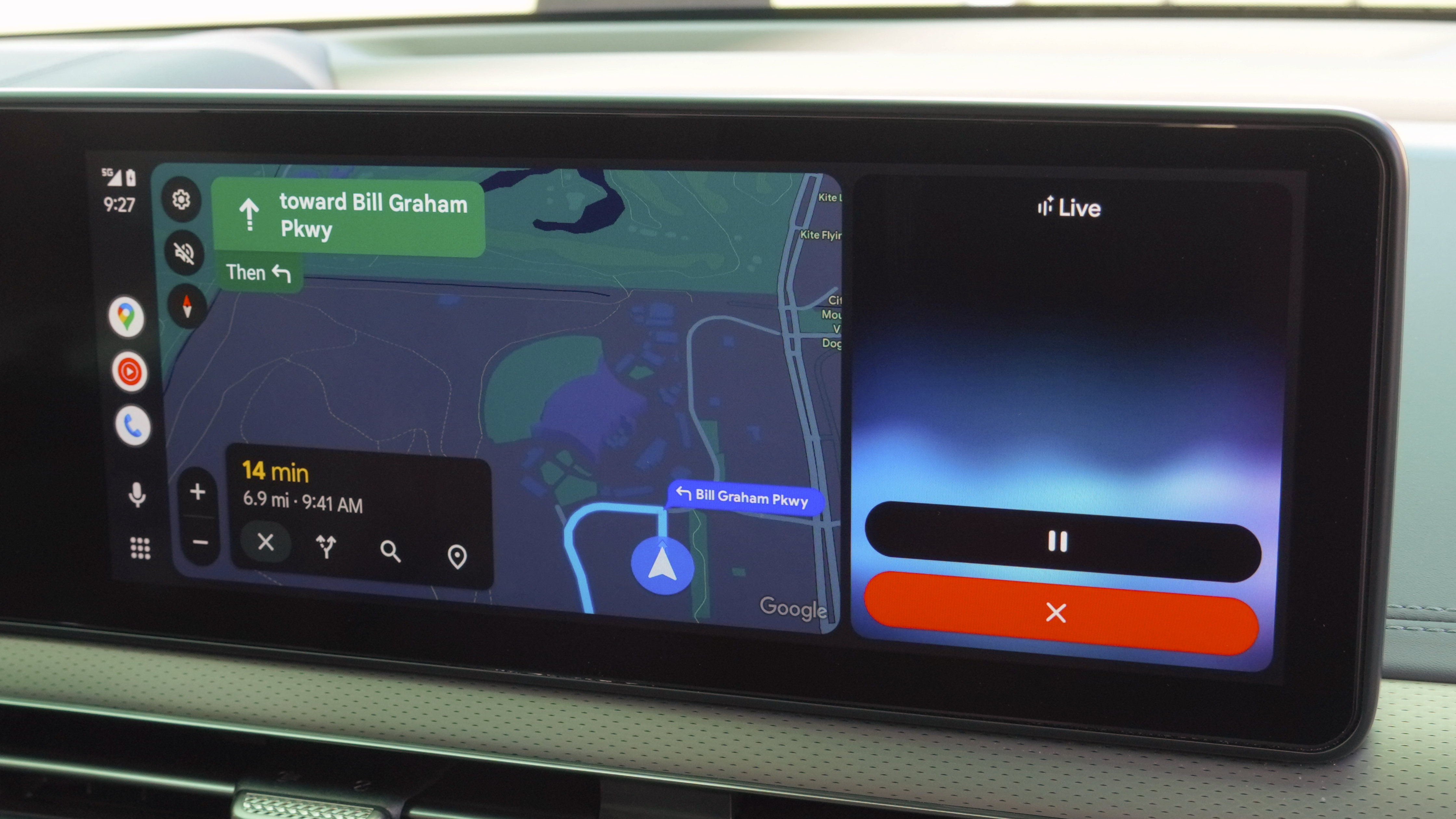The wireless headphone future needs a stronger connection, not noise cancelation

Get the latest news from Android Central, your trusted companion in the world of Android
You are now subscribed
Your newsletter sign-up was successful
I carry both an Android and an iPhone, but I only keep one set of headphones on me. When it was time to go wireless, I tried a number of different pairs, and ended up settling on a set of AirPods. I mostly loved them — past tense, because I ran them through the washing machine and they died. This is a problem that wireless earbuds will need to fix, and I suspect that true waterproofing will come to headphones eventually, but for now I am in the market for a new pair and the timing couldn't be better … or worse.
With CES 2020 behind us, we saw so many new pairs of wireless sets in the new category we call True Wireless Earbuds. Following in Apple's AirPods Pro footsteps, the common feature thread among all of the new earbuds seems to be active noise canceling (ANC). Panasonic claimed that its headphones lead the category in noise cancellation prowess. That's a dubious claim, because earbuds will never be able to truly block and cancel noise like good over-the-ear headphones. When you are on an airplane with your head sunk against the chair and engines vibrating your entire body, even the best noise canceling earbuds aren't going to save your ears from fatigue like a larger set of cans.
Why are we bothering with noise cancellation on true wireless earbuds? The feature and the form are mismatched.
Why are we bothering with noise cancellation on true wireless earbuds? The feature and the form are mismatched. First of all, ANC is a big battery drain. When noise-canceling headphones were wired they still required their own battery to operate. What product manager looked at tiny little earbuds, with their tiny little batteries that can barely last through a long jog, and decided to add the biggest power-drain feature imaginable?
Does ANC even make sense on true wireless earbuds? The use cases for earbuds would not seem to require an engineered level of silence. When you are using the earbuds out and about, you'll probably want to hear the sort of noises ANC headphone block, like car sounds. If you use them on trains and planes, sure the noise canceling will be pleasant, but you might get the same benefit from earbuds with a tight-sealing fit and save yourself some battery life.
I understand the benefit of other power-sapping features like a heart rate monitor and accelerometer. These are solid fitness features that let you leave another piece of equipment at home. The overall benefit is worth the battery drain.
Noise cancelation on earbuds, on the other hand, seems like a feature added because it was technologically possible. Customers will see a natural progression from consumer cans that don't feature noise cancellation to advanced headphones that are more powerful and do more work. If Apple is going to make a "Pro" AirPod, what else could the company add besides noise cancellation? ANC is a necessity if you need to sell more earbuds to people who already own earbuds.
ANC is a necessity if you need to sell more earbuds to people who already own earbuds
How about improving reception? How about improving the signal between the phone and the buds? Bluetooth is a terrible technology. It operates at a low power in a frequency range that is easily blocked by the human body. Bluetooth has trouble penetrating water, and we are mostly water. When we wear a phone on one side of our body it often cannot transmit directly to a device on the other side.
Get the latest news from Android Central, your trusted companion in the world of Android
I have tried the best truly wireless earbuds on the market, and they all have connection problems. They all stutter and cut out and have reliability problems that would be completely unacceptable on the lowliest pair of wired earphones. Manufacturers have worked to fix this problem through various techniques that make the earbuds talk to each other and synchronize music between your ears, where the connection distance is shorter. Still, the experience is miserable.
A bad wireless earbud experience is truly agitating. It is sitting on a train trying to remain motionless because you've found the perfect body position to maintain smooth contact. It's deciding whether to quit your run because the song keeps cutting out every few bars. It's popping two earbuds into your head and only hearing music from whichever one is on the same side of your body as your phone.

We need a better connection solution. We need serious improvements to Bluetooth that account for accessories being worn on the body. We need to improve reliability and connectivity to the point they are not even an afterthought —they aren't thought about at all. Bluetooth headphones must simply work every time and they must work consistently until the moment we take them off, with no interruptions. We're not even close to that standard now.
Bluetooth headphones must simply work every time and they must work consistently until the moment we take them off
Wireless headphones are the future, and sooner than you expect they may be the only option for listening. We need to establish priorities for what we need in true wireless earbuds, and active noise cancellation ain't it. We need longer battery life. We need improved durability and a process to repair broken earbuds. Most of all, we need to improve the technology that connects our phones to our ears. At the state of the art, the connection is still terrible and manufacturers are helping us hear less when we need to hear much more.

A true wireless upgrade.
The Jabra Elite 75t are excellent true wireless earbuds that do everything really well. They're small, comfortable, and sound great, and have fantastic and useful features like auto play/pause. If you're thinking of getting a pair of true wireless earbuds, though, these should be close to the top of your list.

